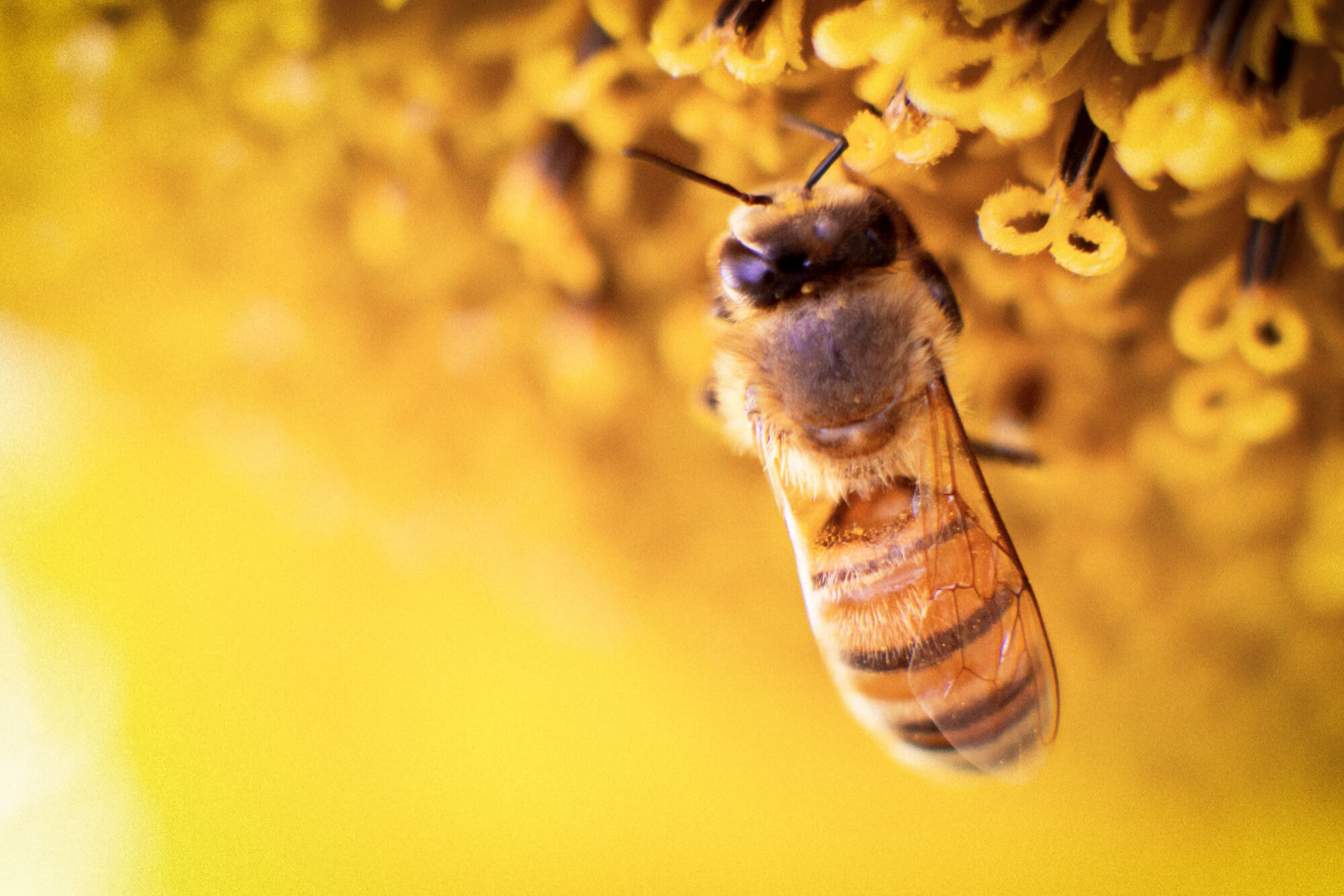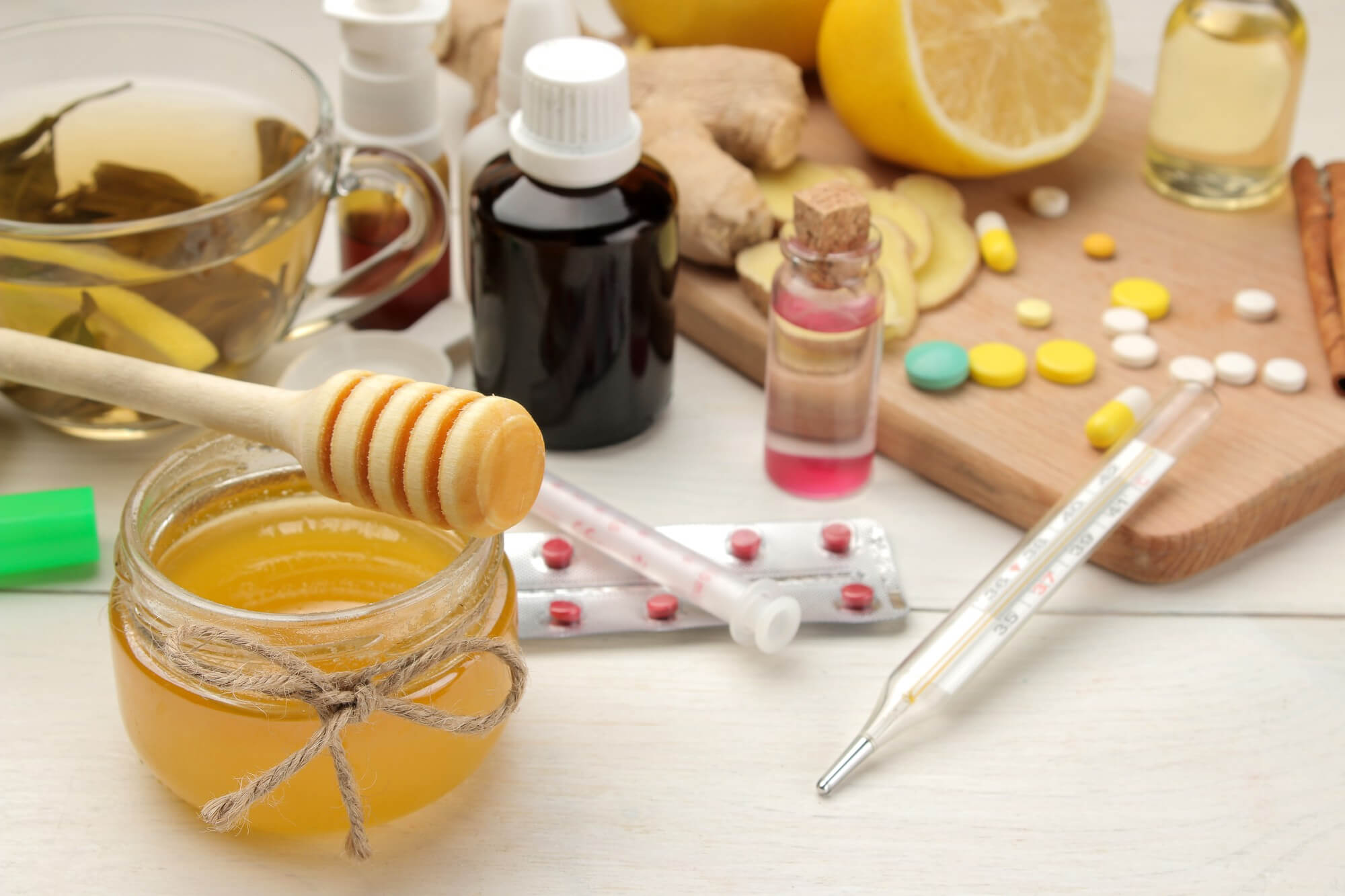Honey Allergy: Causes, symptoms, and treatment Methods


Eva Zakharova
Why does allergy to honey occur?
Allergy to honey is a response of the body to proteins contained in honey. This happens when the immune system perceives these proteins as dangerous and begins to produce IgE antibodies. Upon repeated contact with honey, these antibodies signal cells to fight against the hostile substance, which triggers an allergic reaction.
Causes of honey allergy
Allergy to honey can occur in anyone, but it is most often associated with a genetic predisposition or the presence of other allergies, such as pollen allergy. Allergic reactions to honey are possible in children in their early years of life, especially if there is a history of allergy in their parents.
Genetic predisposition
Some people may be more prone to developing a honey allergy due to genetic factors. For example, if parents had allergies, the risk of developing a honey allergy in their children increases.
Relationship between pollen allergy and honey allergy

Many people who have pollen allergy can also develop an allergy to honey. This is because bees use pollen to pollinate flowers, which can lead to the presence of pollen in honey.
Symptoms of honey allergy
Symptoms of honey allergy can manifest on the skin, in the eyes, nose, and oral cavity. The main signs of honey allergy include itching and redness of the skin, hives, runny nose, nasal congestion, sneezing, tearing, itching and redness of the eyes, swelling of the lips and tongue, diarrhea. In more severe cases, honey allergy can cause anaphylactic shock, which requires immediate medical attention.
Diagnosis of honey allergy
To diagnose honey allergy, a doctor may prescribe a blood test for IgE antibodies. Skin tests may also be used to determine allergy to honey. During such tests, a small amount of honey is applied to the skin, and the doctor observes the body's reaction to it.
How to diagnose honey allergy at home
To diagnose honey allergy at home, you can try an allergy test that is available in some pharmacies. This test involves applying honey to a small area of the skin and observing the reaction.
Treatment of honey allergy

The treatment of honey allergy may include medication and non-traditional methods. A doctor may prescribe medications to relieve symptoms, such as antihistamines, steroids, and respiratory medications. Non-traditional methods of treatment may include allergen-specific immunotherapy, homeopathy, and acupuncture.
What medications help with honey allergy
Antihistamines such as cetirizine, loratadine, and fexofenadine may be used to relieve symptoms of honey allergy. Steroids such as prednisolone may also be used to reduce inflammation and swelling. Respiratory medications such as bronchodilators may help with breathing difficulties.
Folk remedies and methods for dealing with honey allergy
Folk methods for dealing with honey allergy may include consuming certain products such as honey from plants that do not cause an allergic reaction. Various herbs and spices, such as ginger, mint, and turmeric, which have anti-inflammatory properties and can help reduce symptoms, may also be used.
How to avoid an allergic reaction to honey: recommendations and advice

To avoid an allergic reaction to honey, the following measures can be taken:
- Avoid consuming honey if you have an allergy to it.
- Choose honey that does not cause an allergic reaction.
- Avoid contact with bees and bee products.
- Monitor your health and strengthen your immune system.
- Avoid stressful situations and maintain a healthy lifestyle.
What skin care products to use for honey allergy
When suffering from a honey allergy, it is important to use skin care products that do not cause an allergic reaction. This may include natural oils and lotions such as shea butter, olive oil, and aloe vera. It is important to avoid using products that contain honey or other bee products.
Honey allergy can be an unpleasant and dangerous condition, but it is not a sentence. There are many ways to diagnose, treat, and prevent honey allergy. It is important to monitor your health, avoid contact with honey, and choose products that do not cause an allergic reaction.
Related Materials
New materials
Popular Articles
We recommend reading
Contact us in the Contact Us section to ask questions, offer ideas, or for more information about our allergy resource.
Our articles are your trusted source of allergy knowledge. Learn how to make life with allergic reactions easier on our specialized portal.
©
Lechenie-Allergii.com. All rights reserved.
© Lechenie-Allergii.com. All rights reserved.
The information on this site is for informational purposes only and is not a substitute for professional medical advice. We recommend consulting with qualified medical professionals for accurate information and advice.
 English
English  Українська
Українська  Русский
Русский 









